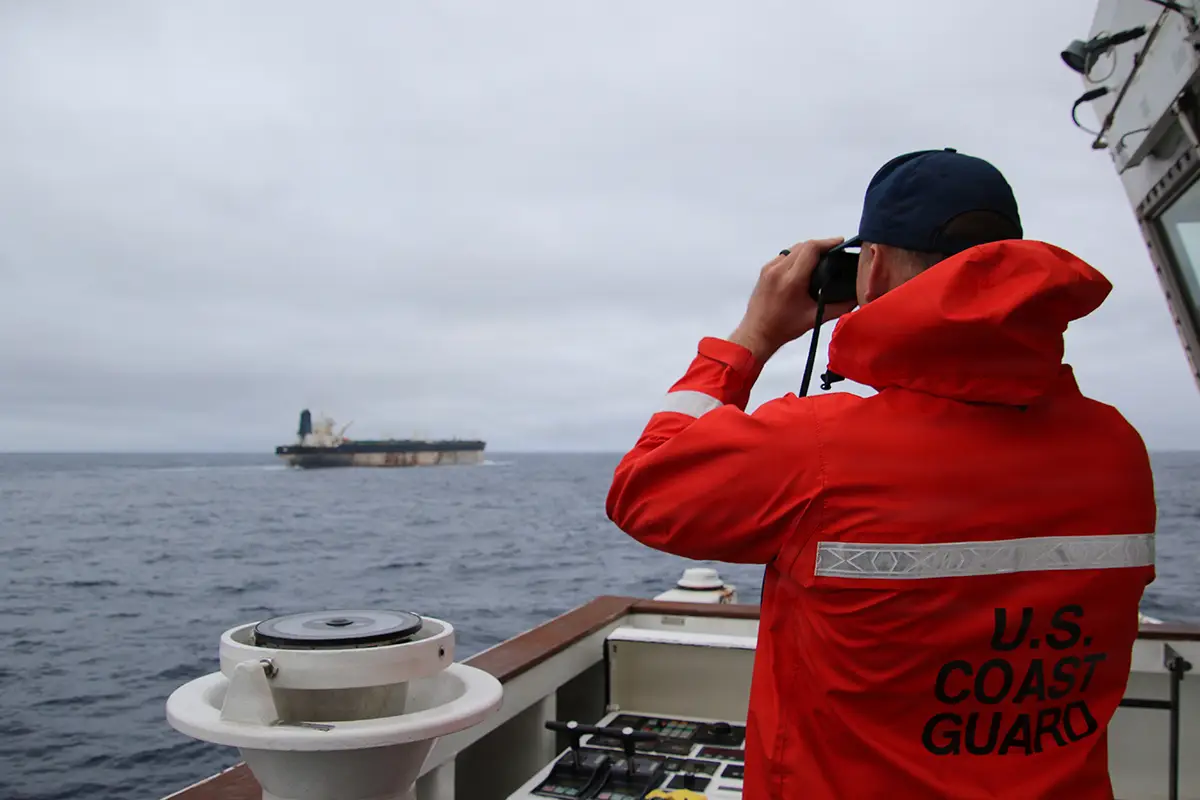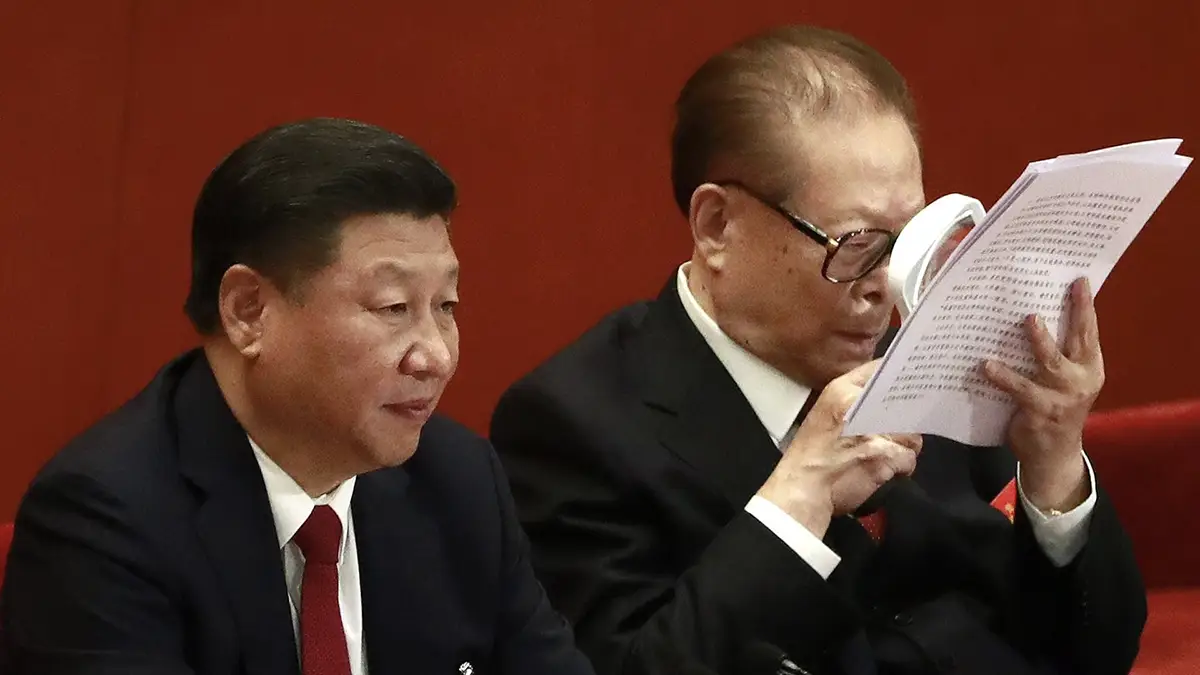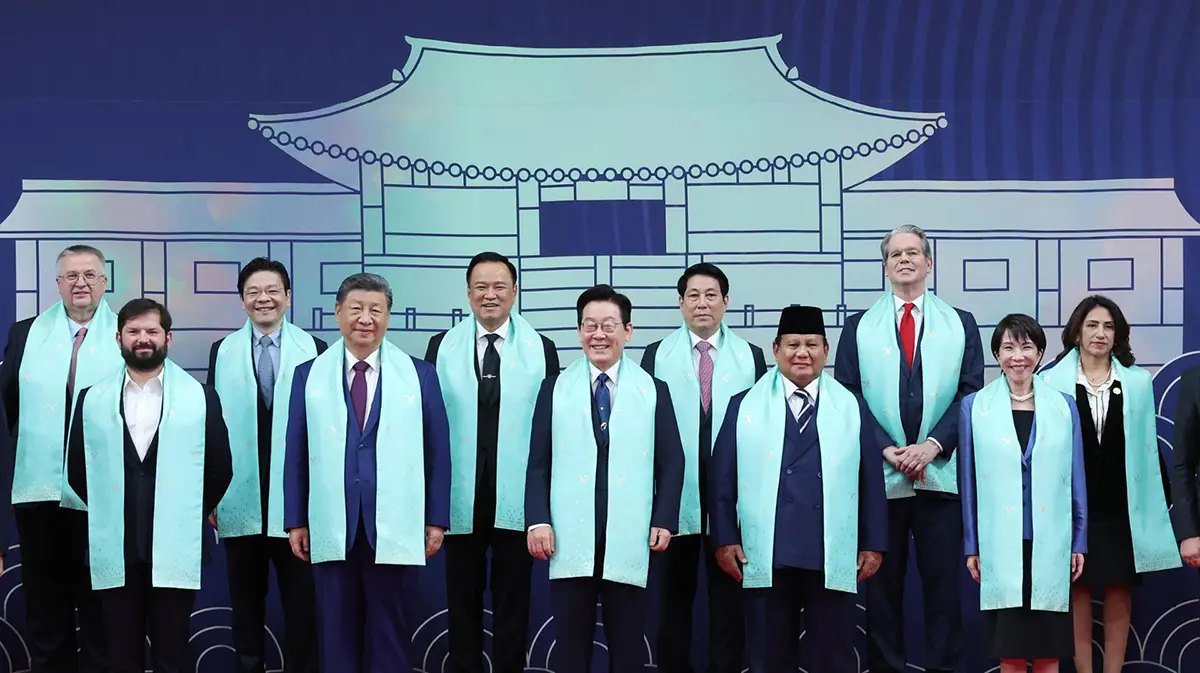Earlier this month, the United States hosted the Ninth Summit of the Americas in Los Angeles. After the COVID-19 led to the postponement of the last summit, and President Trump stayed away from the prior one (sending Vice President Mike Pence instead), the United States hoped that this event would disprove the common observation that Washington was rudderless in its regional policy. By attending in person, along with the Vice President, the first lady and key aides, President Biden aimed to build personal relationships with regional leaders and show that Washington is engaged and committed to their partnerships. His team hoped to generate action — or at least agendas for action — on several critical challenges: migration, climate change and economic development.
The immediate result was four days of talks and photo opportunities; a good share of attention to the U.S. refusal to invite Cuba, Nicaragua, and Venezuela to the Summit — which led Mexico, Guatemala, Honduras and El Salvador to pull out — and a confusing agreement among 20 nations’ leaders to accept more foreign refugees and migrants in exchange for international assistance. Summits of the Americas do not generally create action. Still, these modest results indicate that inter-American relations remain on a rocky path.
There are two principal reasons for this: regional political uncertainty and the capture of U.S. regional policy by messy domestic politics.
Turmoil across the region
The nations of Latin America are in an unhappy, uncertain place. In the 1990s, the end of the Cold War and the embrace of free markets and democracy throughout the Americas (except for Cuba) were expected to launch the resource-rich region on a development splurge toward sustainable prosperity. Though investment, trade, and incomes grew, the region failed to free itself from commodity exports and low-value manufacturing (in large part due to Asia’s success), and crime and corruption spread. In the 2000s, the neoliberal economic model collapsed, and along with it went any faith in politically centrist social democracy or conservatism.
As COVID-19 ravaged economies and lives, politics across the region have become angrier and more radical. Chile is negotiating a new constitution that rejects the conservatism of the past. In Mexico, Peru, Bolivia, El Salvador and soon in Colombia, voters are throwing in their lots with populist leftist leaders despite mediocre results. They prefer tomorrow’s risks of Venezuela-zation to yesterday’s corrupt American-educated elites. Even Brazil looks likely to return a popular leftist to the presidency, a prospect openly displeasing to its powerful military and national police. Observers fear a coup.
Given this regionwide uncertainty about what the next election might bring (potentially even an end to meaningful elections), its leaders would be hard-pressed to commit themselves to anything Washington may offer, even if it could — and it can’t.
U.S. policy paralyzed
That is the second factor behind the lackluster Ninth Summit of the Americas: an inability to innovate has crippled the standing of the United States in Latin America for at least the last two decades. Several administrations voicing different approaches to inter-American relations has come and gone with virtually no change in U.S. policy. Some did what they could, such as Obama’s re-engagement with Cuba and statements against the anachronistic Monroe Doctrine. But nothing stuck because those actions were executive orders, not laws, and were easily reversed.
Congress, paralyzed by interparty warfare, has been incapable of passing laws to address national crises such as health care or even budgets. So it is no surprise it cannot address its policy failures in Latin America or fund a vision for improvement. There may be good reasons to sustain an embargo against Cuban exports and investments—now joined by Venezuela—and good reasons to continue to try to stop the flow of narcotics across Central America and the Caribbean, but so far, after decades, neither policy has come close to accomplishing its goals. Still, these policies remain, due to special interests and electoral pressures (the embargos against anti-American dictatorships) or mass bureaucratic inertia (the disastrous war against the foreign drug supply).
The free trade agenda is dead. The U.S.-backed Free Trade Area of the Americas failed to win regional acceptance in the 1990s. President Trump canceled the Trans-Pacific Partnership, which was designed to buoy the economies of America’s strongest regional partners, from Chile to Mexico, along the Pacific coast. The U.S. trade agenda is now more concerned with sanctions, tariffs and mercantilism than free trade accords.
The Biden team approached the Ninth Summit of the Americas with modest offerings. They promised deals on illegal migration, economic development, and climate change, but none of what was later announced varied significantly from what was already underway, except some incentives for partners to take in more migrants. They also headed into talks with a dangerous election looming, which deepened their proclivity to risk aversion. Still, they made a decent go of it. In sharp contrast to his predecessor, President Biden demonstrated his personal interest in regional partnerships. According to reports his famous affability was on display in one-on-one meetings, most importantly with Brazil’s Trump-admiring President Bolsonaro. The Summit ended with modest agreements on migration and economic support and assurances of further discussions which could lead to further progress. But eyes have already turned to new elections and uncertainties.
Hard facts
The hard facts remained unstuck. The U.S. Congress has neither the concern nor the bandwidth to consider a region that, for now, poses no clear strategic or security threat (aside from the narcotics flows and spreading dictatorships, for which it has ongoing — failing — strategies in place). Republicans in the Senate have blocked the confirmation of several ambassadors to critical Latin American partners as negotiating tactics for other items. For Washington, flying on autopilot with 50-year-old policies is good enough.
And societies that demand change and progress grow weary of waiting. Latin America’s new leaders, many too young to have experienced the Cold War, cannot ignore the importance of ties to the United States. But they face pressures to perform. Platitudes about unity and a patchwork of poorly defined agreements on migration and economic assistance will not stop them from exploring a wider set of partnerships.



